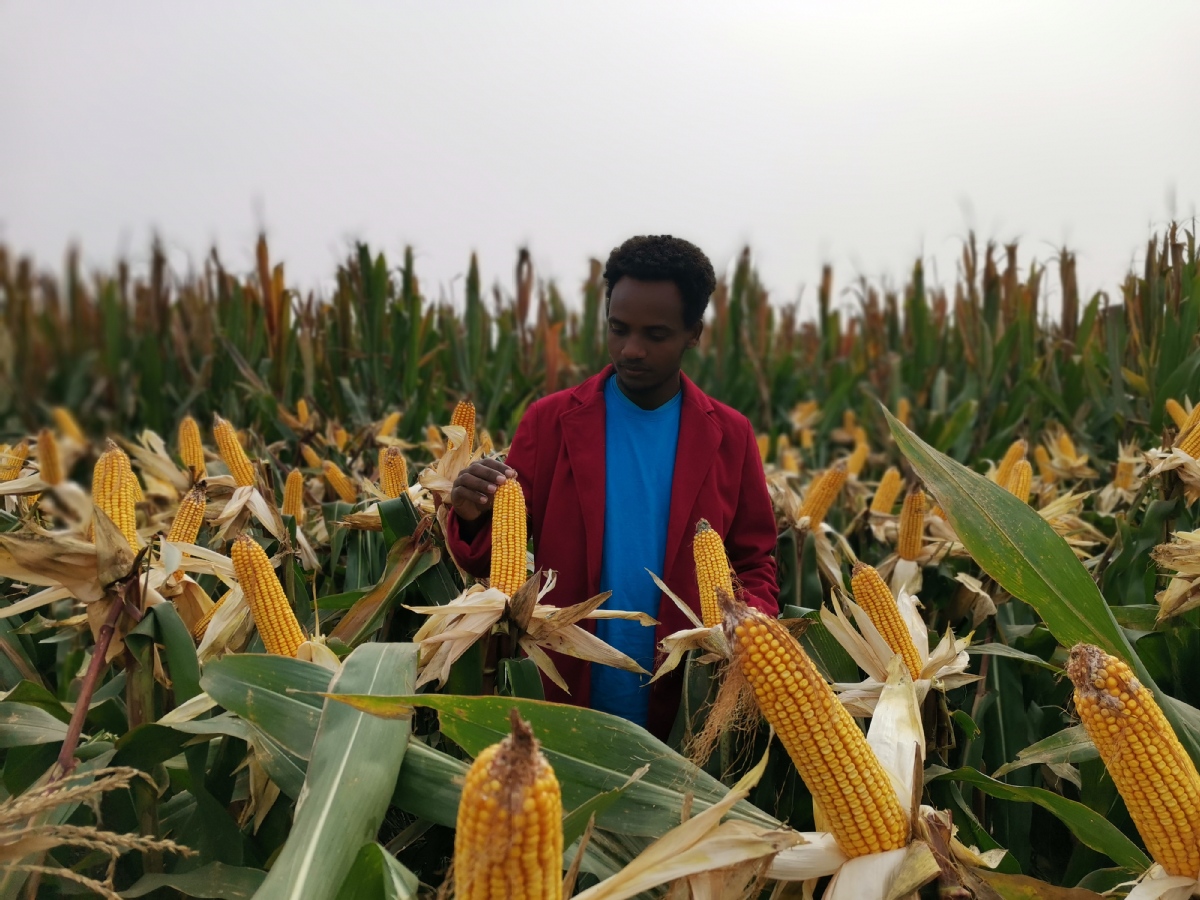China helps Africa bolster food security


Bridging the gap
The Science and Technology Backyard, first launched by the CAU in Quzhou in 2009, allows students to apply their academic knowledge to maximize crop yields along with farmers playing an active role in finding and co-developing their own solutions.
From 2009 to last year, the average yield of wheat in Quzhou rose from 5,670 kilograms per hectare to 8,450 kg. Corn yields increased from 6,435 kg per hectare to 9,920 kg.
The university went on to establish a total of 480 science and technology backyards covering 135 kinds of major crops in 23 provinces and regions with the participation of 48 scientific research institutes and over 300 agricultural extension stations in China by the end of last year.
Professor Jiang said the success of its STB project attracted widespread interest, and the university received support from organizations such as the Food and Agricultural Organization of the United Nations to promote its experience in Africa.
Solomon Yokamo and his fellow students were among the first group of 34 African students enrolled at the program starting in 2019. They spent their first year studying theoretical lessons at the university's Beijing campus before being encouraged to put what they have learned into practice in a village in Quzhou.
Solomon Yokamo, who had served as a researcher at South Agricultural Research Institute in Ethiopia, described his experience at the CAU as eye-opening. The Ethiopian was devoted to research on the influence of organic and chemical fertilizer on maize yields and soil properties in China and Africa, and has found the experience living in a rural village and working with farmers more than enlightening.
"When you live in a rural community, you can learn about much more other than agricultural technology and you can also simply learn through structured observation. It was like a session that you immerse yourself in the culture, the language, and the way that people live and work," he said.
He remembered fondly how the farmers would jokingly interact with him on a daily basis, and how he, with his broken Chinese, replied awkwardly.
He said the 10-month stay made Quzhou county his favorite place, and he acquired solid scientific knowledge and developed strong emotional bonds with farmers during the process.
The most important takeaway for Solomon Yokamo and his fellow students during the experience is how China managed to dramatically increase its grain production and attain food security over a time span of decades.























